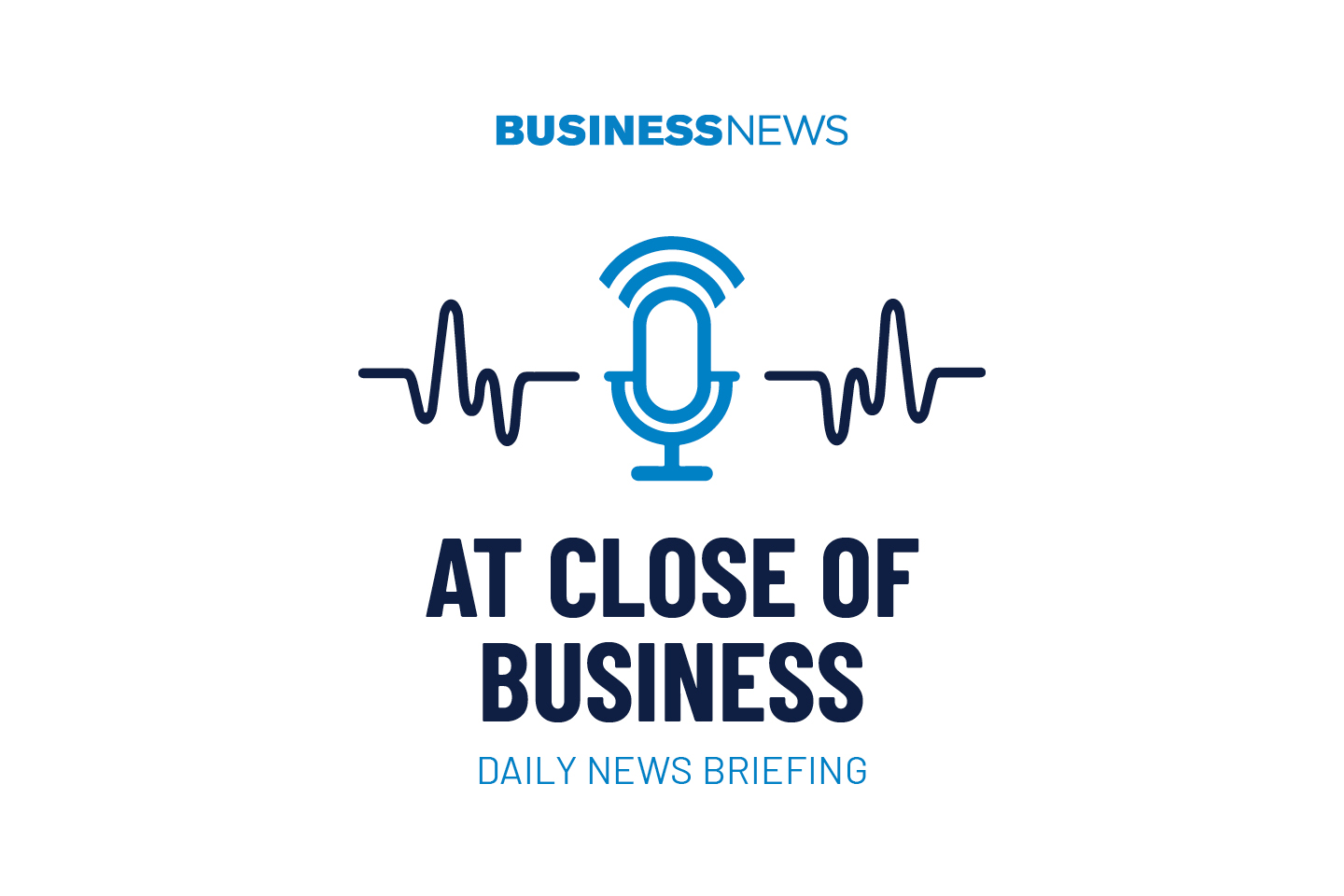Article content
According to the recent Eby government’s fiscal update, the government will run an eye-popping $9.4 billion budget deficit in 2024-25. That’s $2.8 billion larger than the deficit during the height of COVID-19 in 2020, even after adjusting for inflation.
The government also plans to run large deficits in 2025-26 and 2026-27 and rack up massive amounts of debt. And that’s bad news for B.C. taxpayers.
Article content
Just five years ago, B.C. was a relatively low-debt province. Now, according to a recent report by the Parliamentary Budget Officer, Canada’s budgetary watchdog, B.C. has the least sustainable government finances among all the provinces.
Provincial finances are “unsustainable” when government debt grows at a faster rate than the economy. To return to sustainability, the government must either raise economically damaging taxes, which in the Eby government’s recent fiscal update spells more bad news for taxpayers, or reduce government spending.
In terms of net debt (total debt minus financial assets), if current trends continue, B.C. will surpass the historically highly indebted Maritime provinces in the next two years on a per-person basis and by 2029-30 surpass Ontario and Quebec on both a per-person basis and when measured as a size of the provincial economy.
So, how did this happen?
Two words — government spending.
After a period of restraint from roughly 2000 to 2016, B.C. government program spending increased from $11,918 per person in 2015-16 to a projected $15,183 in 2024-25 (after adjusting for inflation). Put differently, even after adjusting for higher prices and a larger population, the government is spending 27 per cent more per person today than a decade ago.
Article content
Due to this spending explosion, and after factoring in capital expenditures on long-term spending (e.g. highways and schools), net debt will more than triple from a projected $41.2 billion in 2015-16 to $126.8 billion in 2026-27.
Here’s the kicker. B.C. taxpayers must pay interest on the government’s debt through their taxes. Over the past decade, government debt interest costs hovered around $500 a person (on average) per year. They’re projected to exceed $1,000 a person by 2026-27. And money spent on debt interest is money unavailable for tax relief and services such as health care.
The Eby government has finally acknowledged its “constrained fiscal situation” and announced before the fiscal update a temporary hiring freeze for the “direct” civil service, excluding Crown corporations, health and education sectors, and “front-line roles essential for delivering critical service and programs”.
But based on the size and scale of B.C.’s fiscal problems, this is only a small first step.
The Eby government’s fiscal update spells more bad news for British Columbians. Without a stark change in direction in Victoria, British Columbians will continue to pay the price for their big spending government.
Tegan Hill is a senior economist with the Fraser Institute.
Recommended from Editorial
-

GST holiday: How B.C. residents get the short end of the stick with Trudeau’s tax break
-

Dan Fumano: Vancouver businesses call, once again, to shift more of tax burden to residences
Share this article in your social network



















Discussion about this post